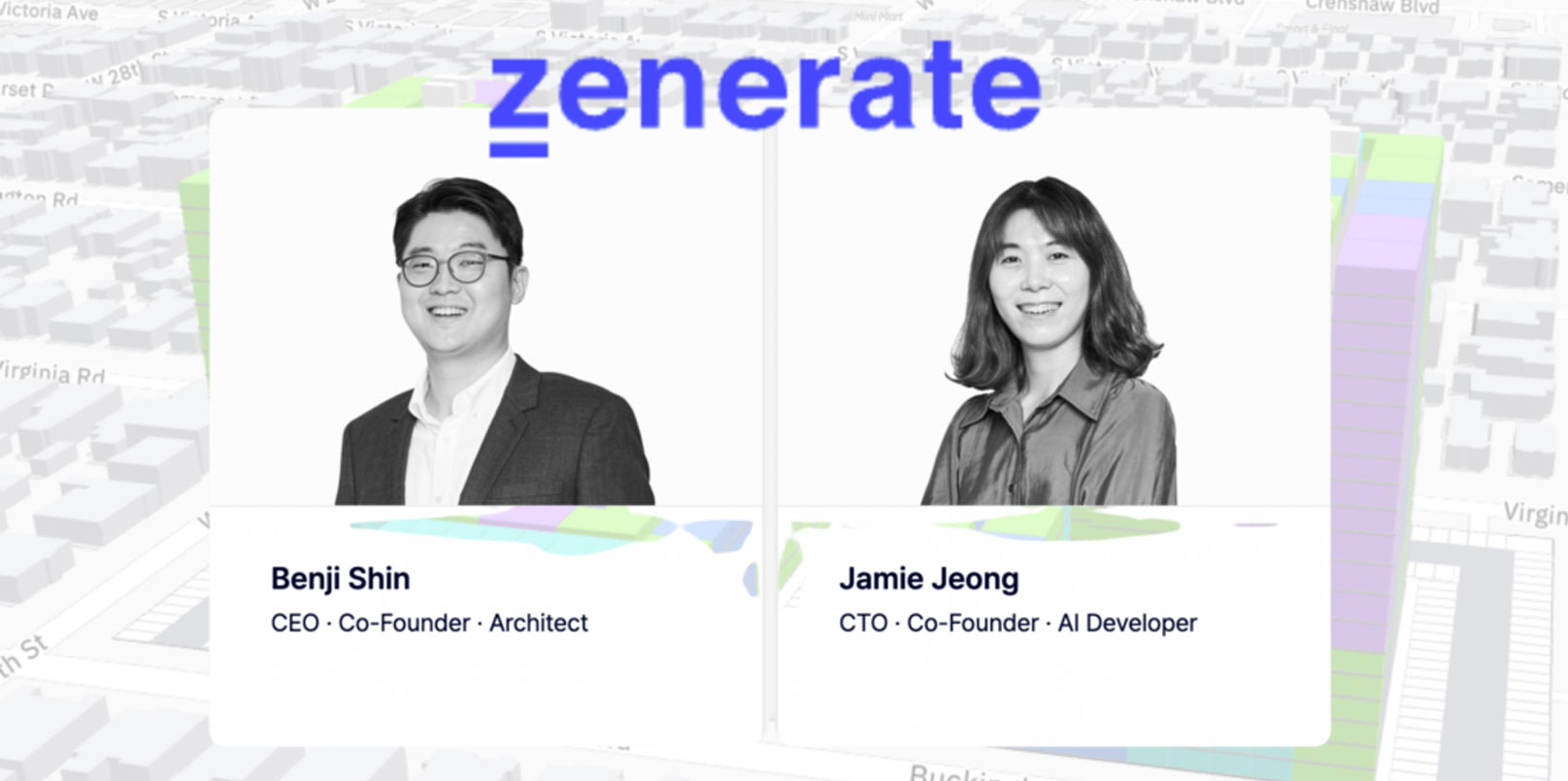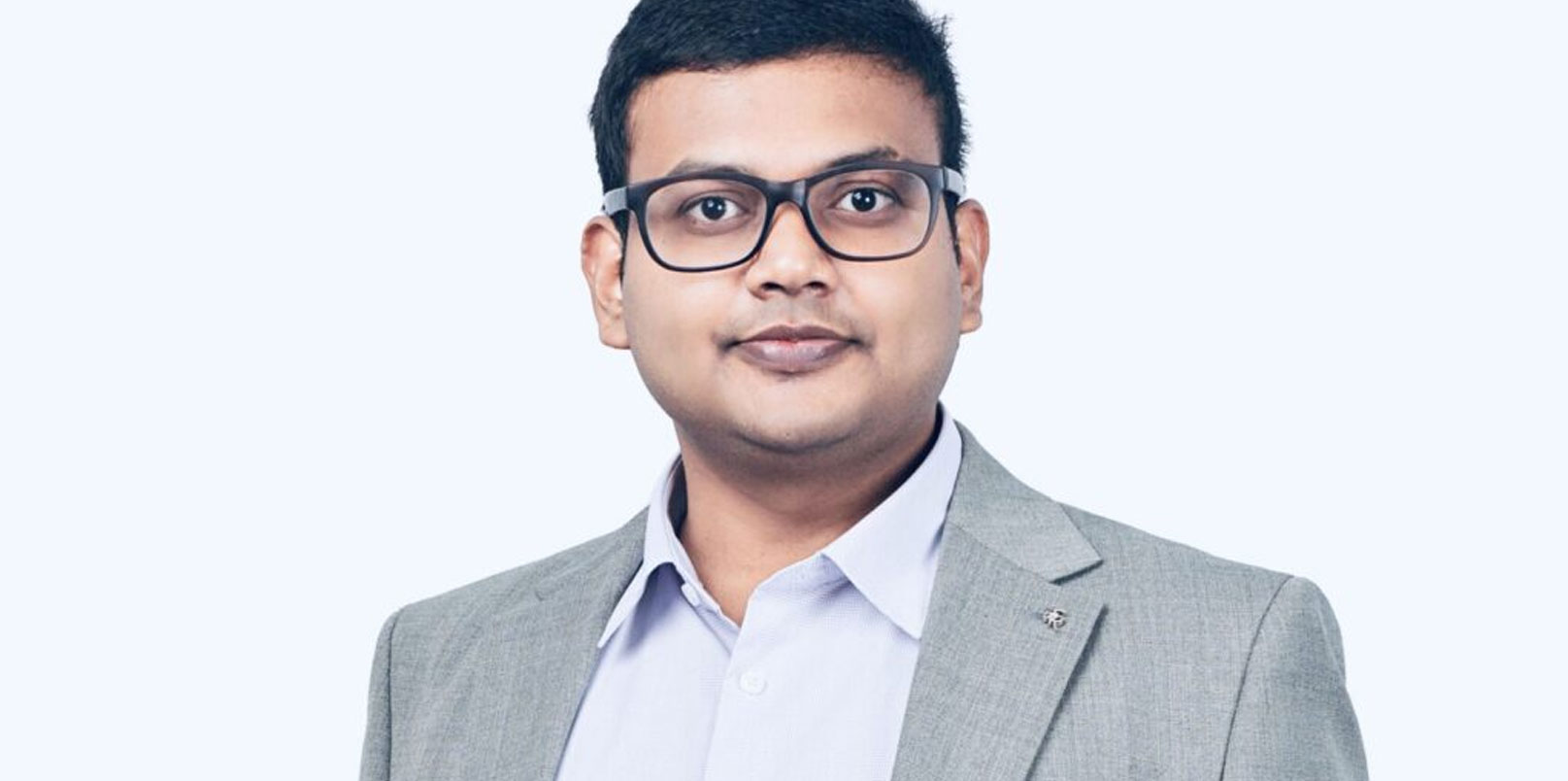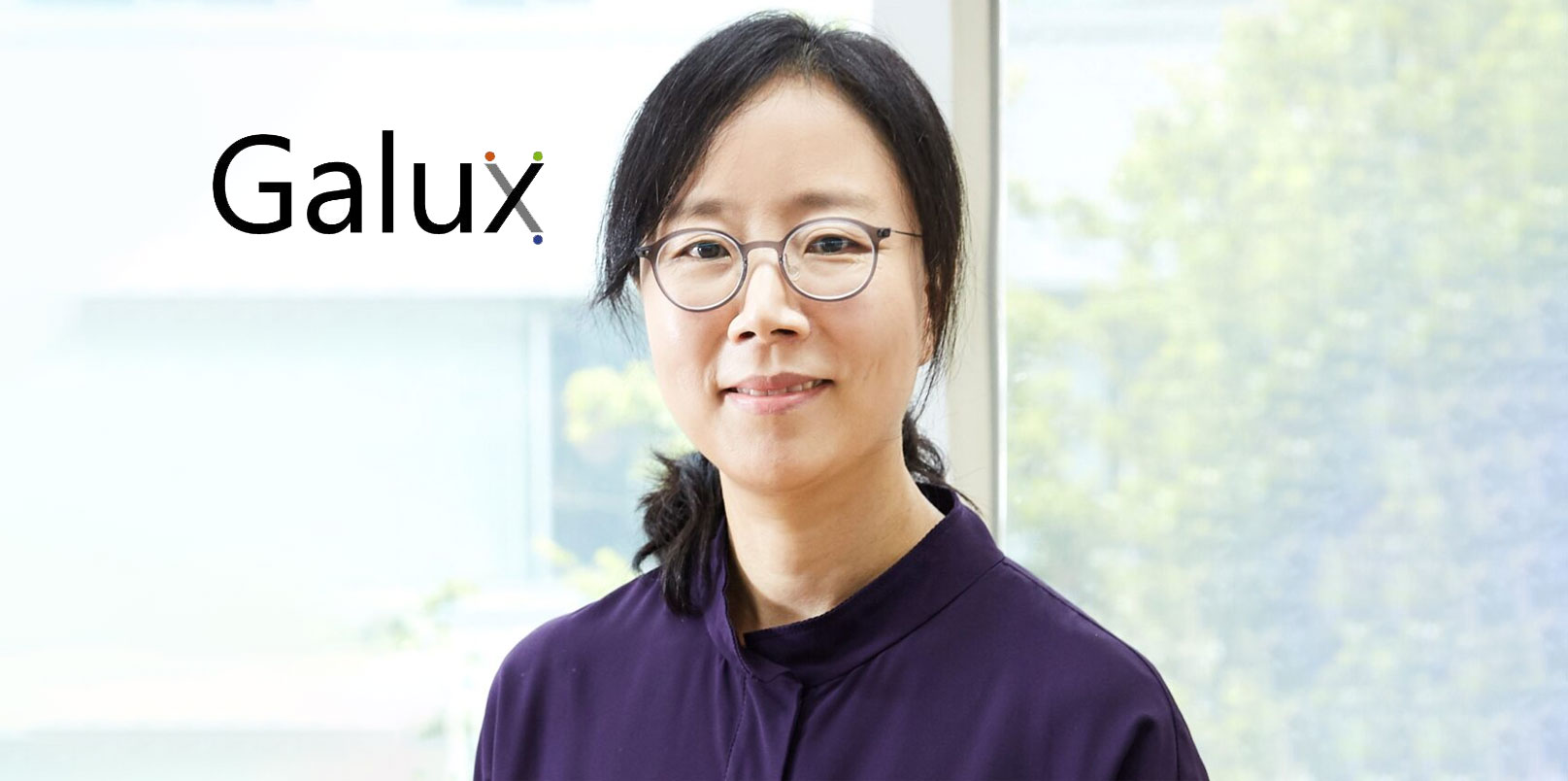Emre Hidekazu Yuasa is a director at Globis Capital Partners, a leading investment firm in IT startups targeting digital transformation of various industries. Emre’s track record investments include GLM (electric vehicle startup, acquired by a Hong Kong-based public company) and he sits on the board of Sensyn Robotics (integrated drone solution), MFS (mortgage and personal credit scoring), Global Mobility Service (auto loan, IoT), New Standard (digital media and brand studio), Photosynth (smartlock IoT). Emre also works closely with Shippio (digital freight forwarder), and CADDi (procurement platform for manufacturing parts).
Prior to joining Globis Capital Partners, Emre worked for Deloitte Tohmatsu Consulting (Tokyo) and KPMG Management Consulting (Tokyo), where he specialized in overseas expansion and Post Merger Integration.
He teaches at Globis University Graduate School of Management (MBA). Emre graduated from Harvard Business School (MBA) and Ohio State University (magna cum laude).
Koreatechdesk.com had a chat with Emre Yuasa regarding his views on investments and startups.
1. What background and domain expertise do you have? And what made you become an investor?
I joined Globis Capital Partners after 5 years in consulting and 2 years in MBA. I have no technical background or industry experience, but I focus on providing strategic decision support through discussions, introducing talents and potential business partners and experts, and provide my knowledge and experience from seeing hundreds of startups and their best practices.
2. As an investor, what kind of startups have you invested in? And how did you find those startups to invest in?
I have invested in 7 startups, all as a lead investor and for most, I am sitting on their boards. Our investment criteria are;
1) large market opportunity,
2) strong product-market-fit,
3) right founder(s)-market fit,
4) convincing growth strategy,
5) strong (or proven) business model, and
6) fair investment terms.
We source over 90% of deals through referrals (from seed VCs, angels, entrepreneurs, etc.) and long-term relationship with the founders.
3. What would be the core factors you decide “not” to invest in certain companies?
We will not invest if any startup is missing in any of the above criteria mentioned. We may even pass on good companies, if they don’t seem unicorn potential or have the fair investment terms.
4. What would be the KPI you usually check for about the startup’s growth?
There is no set “KPI” that we look for, instead, we look for a strong product-market-fit.
Who is your customer? What is their pain point? How effectively is your product solving the pain point? What is the strength and uniqueness of your product? Why now? Is it economical? Is it scalable?
5. What is the investment range of your firm and in a typical year, how many startups do you invest in? And do S. Korea headquartered startups have a chance to get investment from you or should it be headquartered in certain countries?
We invest in 10-12 companies a year on average. We usually enter at Series A and follow-on all the way until IPO but we can enter at later stages as well. Our check size is anywhere between $1 – 50 million.
We invest in companies where we can add value. They need not be in Japan but it helps if the company has significant exposure to the Japanese market or see it as a crucial market.
6. Can you list one company you have rejected for investment before but then think you should have invested in that company. If there is any, why do you think you have missed that investment opportunity?
We’ve looked at almost all major deals in Japan. So any big IPOs we are not an investor is our miss (and there are too many). We’ve passed on those deals for various reasons, including misread the market growth, scalability, founder’s ability to build teams, and IPO valuations.
7. What are the main factors that startups fail as per your experience after getting investment and how can they prevent mistakes in advance from your personal perspective?
The most common cause of failure is team failure. Founders split and quit, founders couldn’t hire and retain strong talents, founders failed to manage their teams (usually around 30, 50, and 100 employees). It is crucial to build a strong culture before scaling the team.
8. What are the top 3 things you look for in startups looking for investment from you?
Product-market-fit, scalability, founder-market-fit.
9. What’s your general thought about the term “Global” and what are the important factors for Korean startups to consider for international expansion?
“Global” means nothing unless you have specific countries you want to enter into (getting into the US/China markets, Japan market, Southeast Asian markets are all very different games).
Also, you must consider whether you have a global one product or you need to customize for individual markets – the entry timing and strategy are very different.
10. Our company name is “beSUCCESS”, what’s your definition of the term “success” as an investor or as an individual human being?
As an investor, if I can make 10x the investment that would be a successful investment (2-3x is so-so, 5x is good, 10x is great, 10x+ is a home run).
As an individual being, if I wake up in the morning, truly looking forward to the day that is starting, and if most days are like that, then that is a happy life and that is the definition of my personal success.
11. What are the one or two things you would do differently if you could go back to 10 years ago?
Travel more.
12. When you come to Korea next time, what kind of Korean entrepreneurs and startups you want to meet?
Entrepreneurs with vision and capabilities to build pan-Asian business





